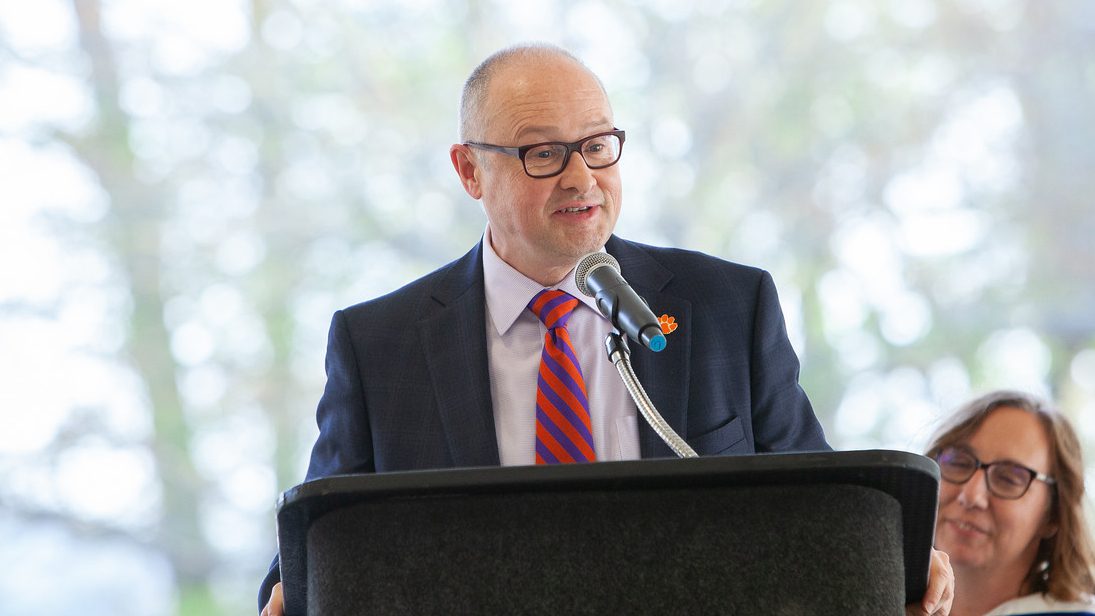Our Four Pillars, Part Three: Ethics
Dear Faculty, Staff, Alumni and Friends,
Back in October of last year, I introduced the idea that our new College will build its programs around four pillars. In the October column, I discussed the first of these: “writing.” Last month, I introduced the second: “pre-law.”
Our third pillar is “ethics.”
Ethics Across the Curriculum
Ethics is an academic subdiscipline, normally housed within a department of philosophy. Our Department of Philosophy and Religion not only offers courses in ethics, it has just launched a pre-Med emphasis area in “Medicine, Health, and Human Values” that includes an upper division course on Biomedical Ethics.
There is also an initiative called “Ethics Across the Curriculum.” The national Society for Ethics Across the Curriculum publishes a biannual journal, Teaching Ethics. As it so happens, the journal’s current editors – Edyta Kuzian and Daniel Wueste – are Clemson faculty. In fact, the 25th Annual Conference on Ethics Across the Curriculum will be hosted at Clemson next Fall 2024. This will draw an international group of about 200 philosophers to our campus.
What “ethics across the curriculum” might look like if implemented at Clemson is something I think our College should lead.
Ethics in Technology and Culture
Our daily lives bring us in constant contact with questions and choices that require ethical thinking and behavior. Ethics are central to being human. This has always been true, but today it seems, we are more confronted with ethical dilemmas than ever before. Technology and its consequences for the human condition are the main drivers, whether we look at the implications of artificial intelligence, the sometimes-disturbing consequences of social media, or the results of in vitro fertilization.
Even when cultures around the world differ in what they hold to be right and true, or how they expect people to behave in certain situations, one feature that all cultures have in common is that they have derived a code of ethics as a necessary component of their structure.
In our College, we can observe how broadly ethics are at the core of our studies. Ethics saturate the literature we read, the plays we attend, the films we watch — the way the characters behave towards each other and how that drives the narrative and our feelings toward those characters. Beyond memorizing dates, when we study history, the questions we ponder concern the rights and wrongs of paths that were or were not followed. The lessons of history are all about ethics. When we sit in judgment about our past, it helps to have a good idea of what the world was like back then.
Ethics for the Future
Beyond our own College, wherever we look at Clemson, students would benefit from incorporating ethics in their studies. This is the case with questions of how far we should go in converting the advances of scientific knowledge into practice, whether there should be any limits on engineering, considerations in the ways agriculture or business are practiced, not to mention the ethics of education, health care, psychology and sociology. The list goes on.
Just because we can, should we? This question will become more urgent and pressing the more we push the boundaries of the possible.
Clemson is preparing our future leaders. They all need to be trained in and sensitive to the complexities of ethical thinking, and how such thinking is integral to every path we follow in life.
Go Tigers!
Nicholas Vazsonyi, Dean
College of Arts and Humanities
Follow Dean Vazsonyi on Instagram
Get in touch and we will connect you with the author or another expert.
Or email us at news@clemson.edu

